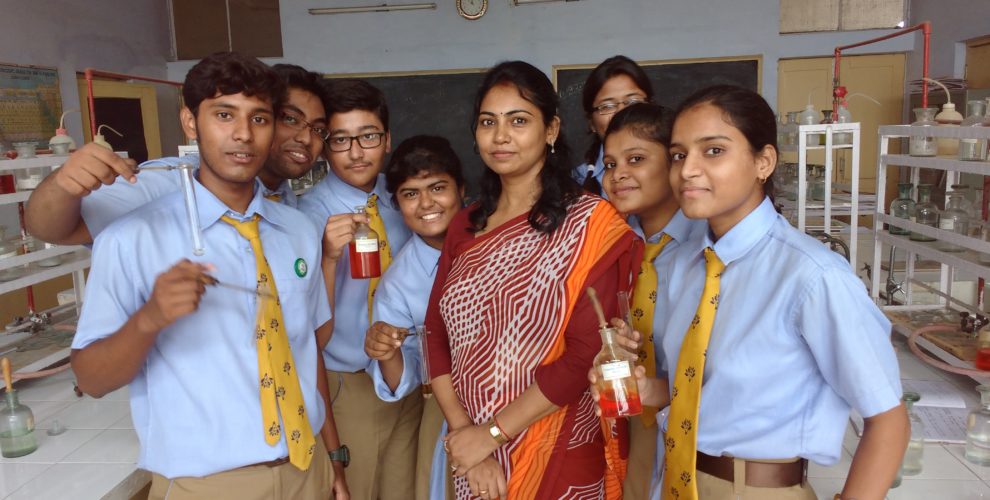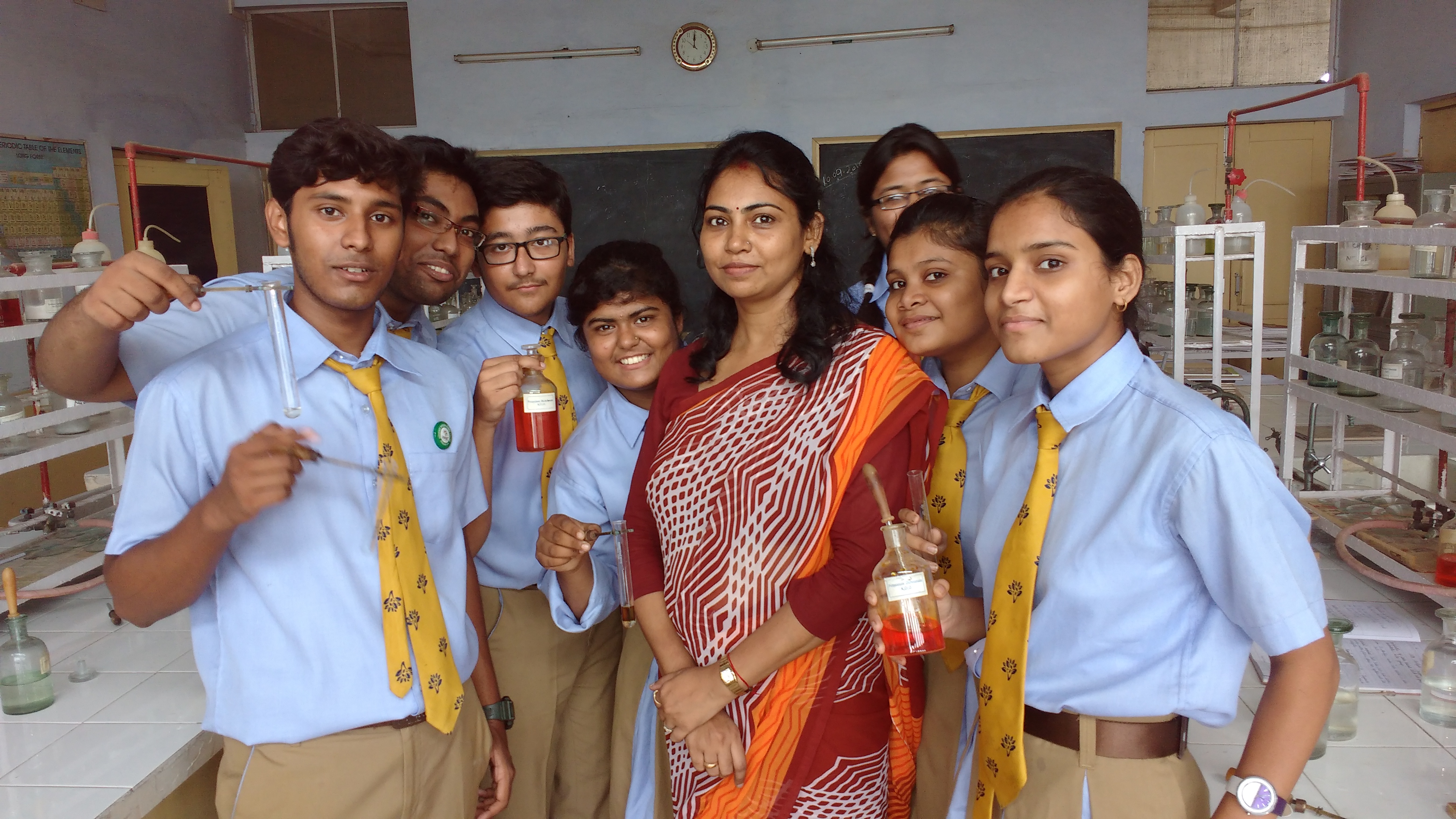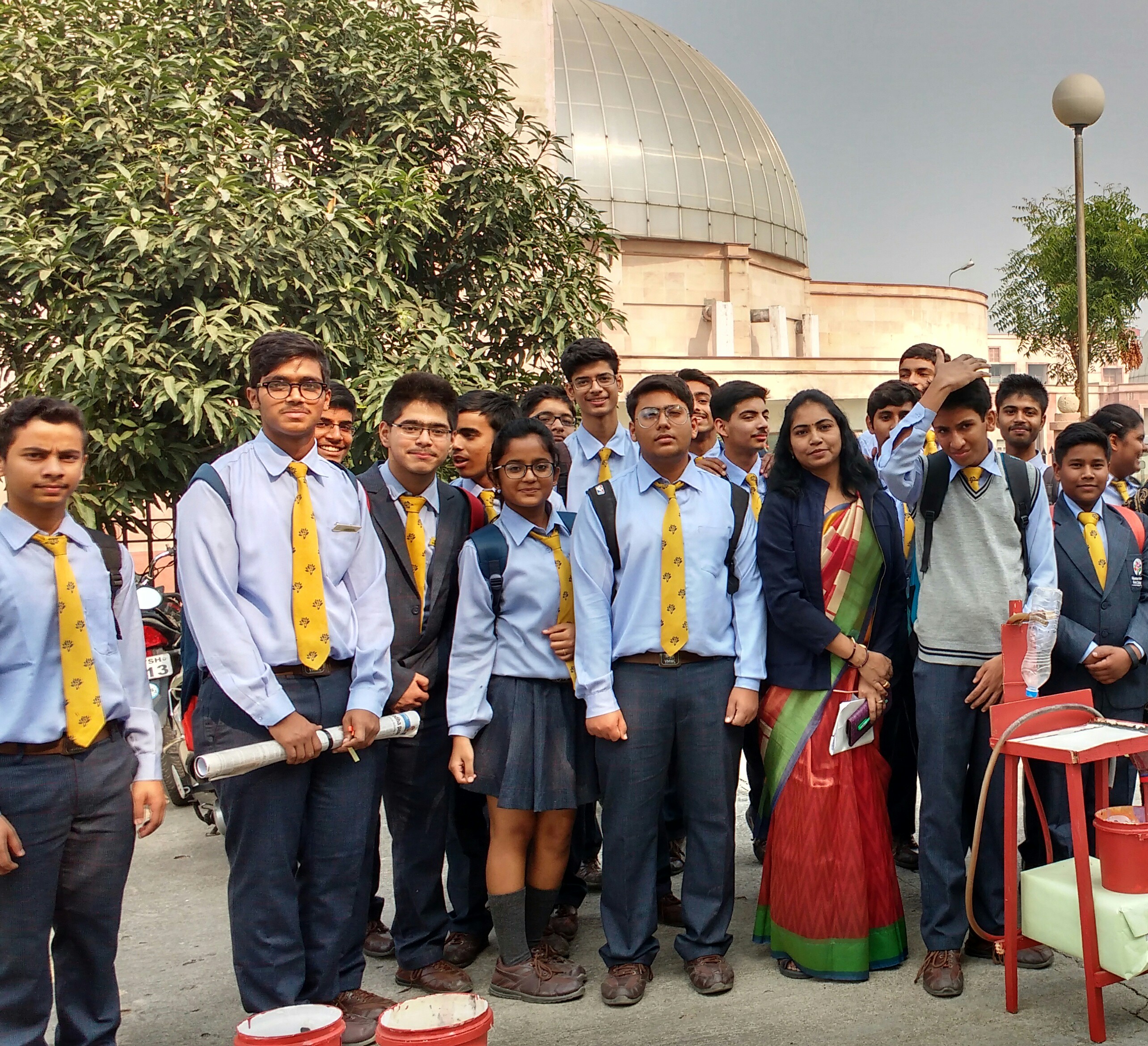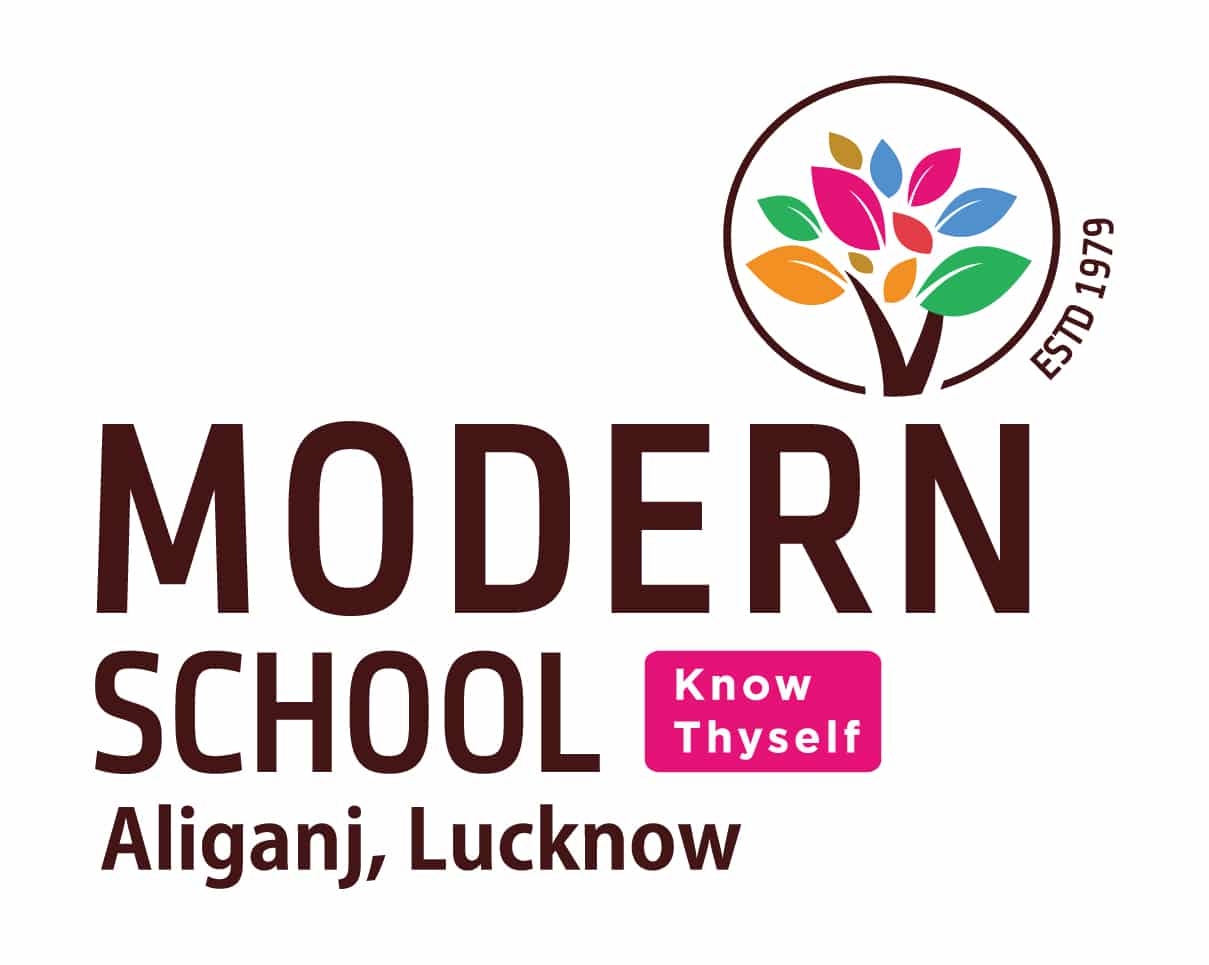You can smile your way through exams following these tips says Mrs Rakhi Saxena VMWC ISC Chemistry teacher

Exams are an integral part of our education process and we need to be prepared for them. Here, I have shared a list of do’s and don’t’s that students and families can follow as they gear up for the forthcoming exams.
[ultimate_spacer height=”15″]

Tips for students
- Take enough rest: Your body needs rest, especially before the exam. At least 6-8 hours of sleep to recharge is absolutely necessary. This would ensure you do not fall asleep in the exam hall or all your hard work would go waste.
- Create your own study aids: Some of the things you can do are, making an outline from your notes, making flashcards for studying important terminologies, making up your own quiz or a test based on your notes. A friend, parent or sibling can test you with that.
- Reading and studying from your textbook: Read your textbook or articles using the survey method. Make reading questions. Do take the time to stop and recall your questions and answers.
- Walk before an exam: It’s been proven that exercise can boost your memory and brain power. So a bit of physical exercise will actually help study better!
- Space it out: “Spaced repetition” is a new learning technique which involves breaking up information into small chunks and reviewing them consistently over a long period of time. So, let’s say you need to memorize the periodic table. Learn a few rows every day and review each lesson before starting anything new.
- Tell a tale: Sometimes, turning the details you need to remember into a crazy story helps make the information more meaningful. For example, remember the order of mathematic operations PEMDAS this way: Philip (P) wanted to eat (E) his friend Mary (M) but he died (D) from arsenic (AS) poisoning. Then, you can create mental association diagrams or even draw diagrams. You can teach what you have learnt in class or even speak it out loud instead of simply reading. In short, lots of things can be done; it’s for you to find what works best for you.
- Write it out: Research suggests we store information more securely when we write it out by hand. Start by recopying the most important notes; formulae, reactions, derivations mechanisms etc. in chemistry, physics and mathematics
- Testing yourself: Quizzing yourself may turn out to be the real deal. Studies suggest that the harder it is to remember a piece of information in practice mode, the more likely we are to remember it in future.
- Drink up: There’s lots of research suggesting caffeine-loaded coffee or tea keeps us alert.
- Watch your breath: Just before slipping into the exam mode for three hours, watch your breath for three minutes with eyes closed. Meditation can reduce anxiety, boost attention span and calm pre-test jitters.
- Work it out: Just half an hour of aerobic exercise can improve our brain-processing speed and other important cognitive abilities.
- Own the omegas: Eating a combination of omega-3 and omega-6 fatty acids present in fish, nuts and olive oil before an exam can reduce stress, anxiety and boost brain-potential.
Tips for parents
Board exams are not the be-all and the end-all of life, we know that as adults. Sometimes, we have to believe in our kids and let them do things their way. If we pester them constantly, they might block us out, snapping communication with us, which can be detrimental to their growth.
These six tips are tried and tested for success and hence, crucial for every parent to know:
- Don’t compare your child with others as it demotivates them
- Allow group study as it makes learning fun
- Try having dinner together
- Don’t focus on discussing an exam gone bad
- Keep the TV volume low
- Do not disconnect internet service during exams

Leave a Reply
You must be logged in to post a comment.